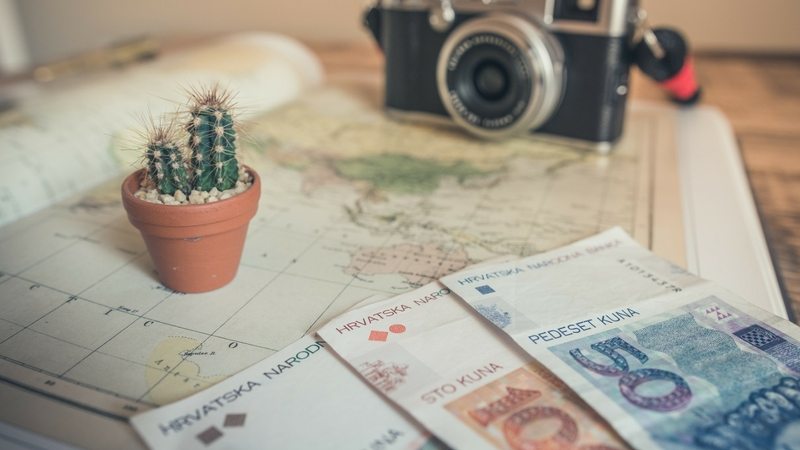Budgeting Your Study Abroad Money
Episode #5 of the course How to prepare to study abroad by Susanna M. Olson
In this lesson, we will cover how to create a budget for your time abroad, as well as best practices for spending money in a new currency.
Budgeting
Before you head off to your host country, spend some time figuring out how much money you will have available and budget it aggressively. As you are preparing your budget, here are a few categories of expenses to keep in mind:
Housing. If not provided by your program, this should be a specific amount that you take out of your savings and set aside at the beginning of the program.
Food. Make sure to spend some time getting to know the best way to buy your favorite items, and open yourself to eat like the locals, thus saving money on imported goods.
Socializing. You are going to want to invest in relationships while abroad. So, set aside sufficient funds for coffee dates. If you decide to participate in nightlife, decide how much you can afford to spend and take it with you in cash. Leaving your credit card at home on long nights out can save you a lot of money.
Transportation. Research the best travel methods before you arrive. In large cities, you may be able to walk to nearly everything and save on travel costs. In more suburban areas, you may be able to purchase a long-term train or bus pass ahead of time.
Travel and Sightseeing. Plan your trips beforehand, or set aside money for spontaneous weekend trips. It might be a good idea to make a list of the top things you want to do and see while abroad. Then you can start to get a picture of how much you need to set aside for sightseeing. Plus, planning activities makes them much more likely to happen!
Souvenirs. You’re going to want to bring home a few little trinkets to remember your trip by!
Emergencies. Always leave some cushion room in your budget for emergencies.
Pro tip: Be conservative in your estimates and leave room for unexpected expenses. You don’t want to run out of money on the wrong side of the ocean.
Currency Exchange
Working with a new currency can be tricky, but it is also an exciting cultural experience. Airports will almost always have a place where you can exchange a bit of currency. However, their transaction rates are usually not the best. If you need cash right away, only get what you need to hold you over until you can get to a bank or post office (where conversion fees tend to be much more reasonable).
While you’ll probably be allowed to use your home credit card and debit cards while abroad, doing so will cost a fortune due to foreign transaction fees.
In most cases, the cheapest way to spend money abroad is to apply for an international/travel credit card with no foreign transaction fees. These cards will offer better exchange rates and limited foreign transaction fees. You can use your travel credit card for daily expenses and then pay back the difference to your bank online.
Make sure to notify your credit card company that you are traveling. You can do this by calling the company or in many cases, filling out a simple form on your online banking account.
If you are going to be spending more than a few weeks abroad, you may consider setting up an account at a local bank.
Pro tip: Find out if any of your local banks are connected to a bank in your study abroad destination. For example, Bank of America has partner banks across the world. If you use a Bank of America account at home, getting an account with one of their sister banks abroad will simplify transactions between your accounts.
Now you know what to expect as you prepare your finances for study abroad.The next lesson will explain how to best prepare your bags and get ready to fly away.
Recommended reading
How to Actually Afford Studying Abroad
The Best Way to Carry Money Overseas
Recommended book
How to Travel the World on $50 a Day: Revised: Travel Cheaper, Longer, Smarter by Matt Kepnes
Share with friends

